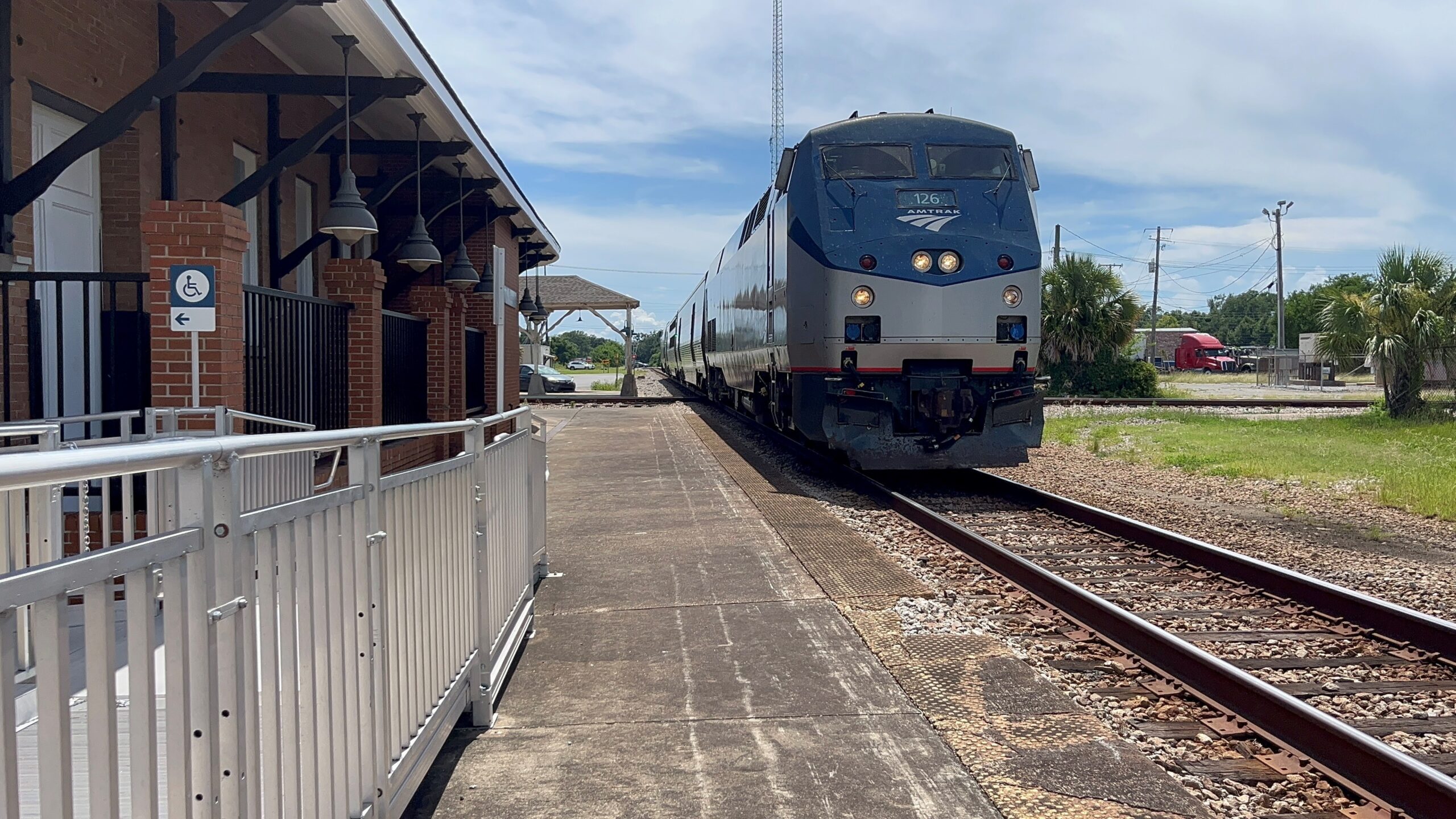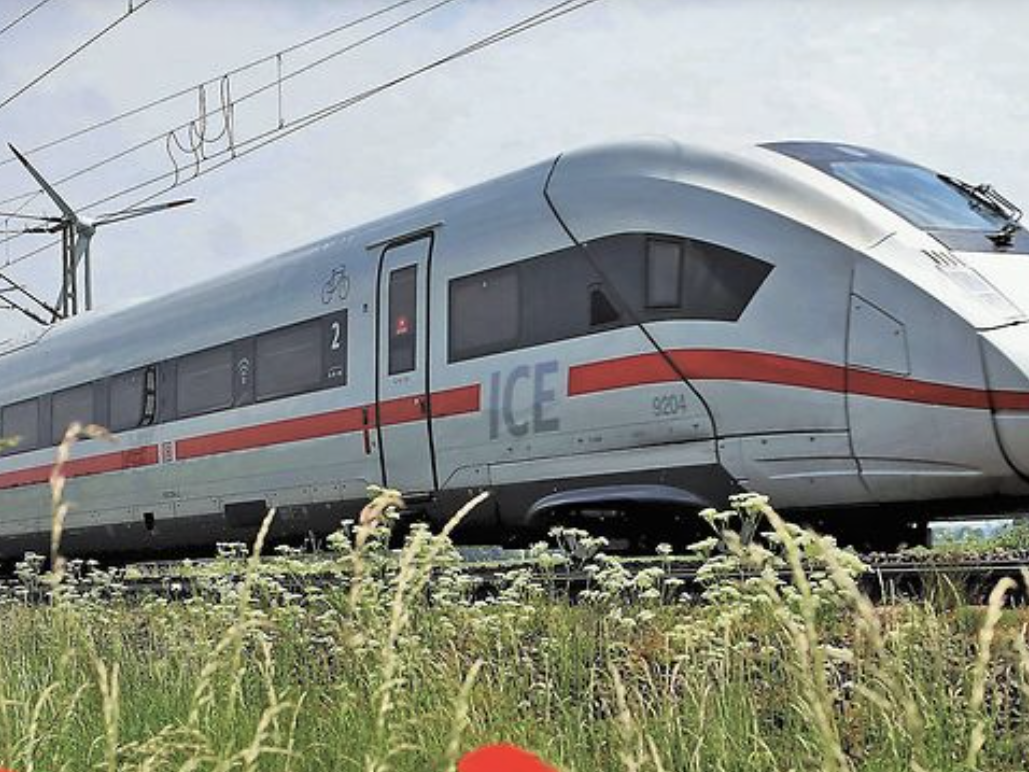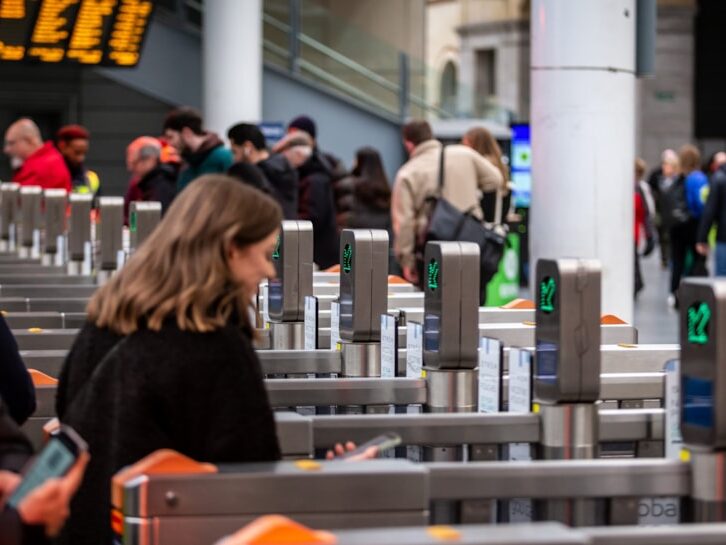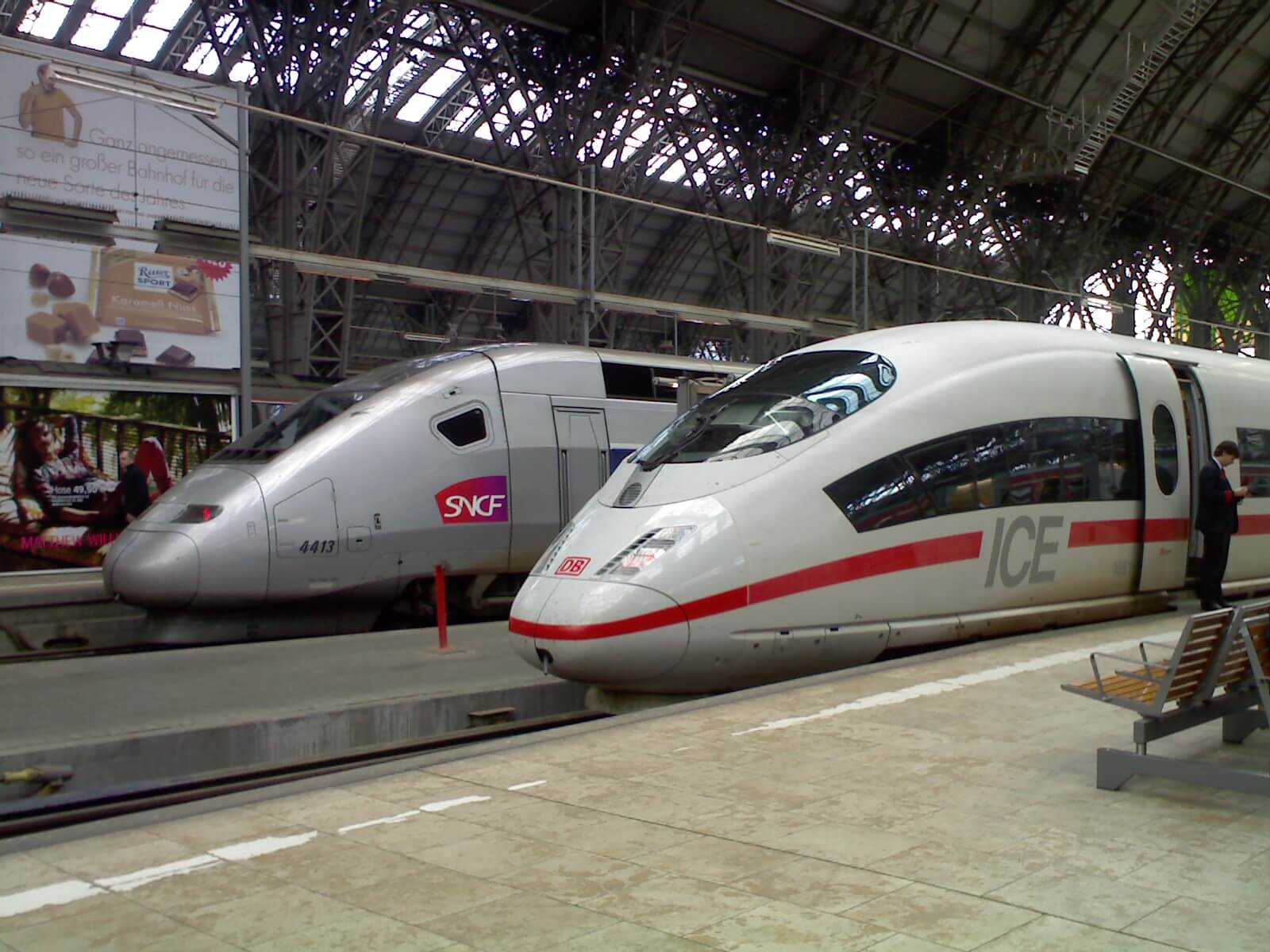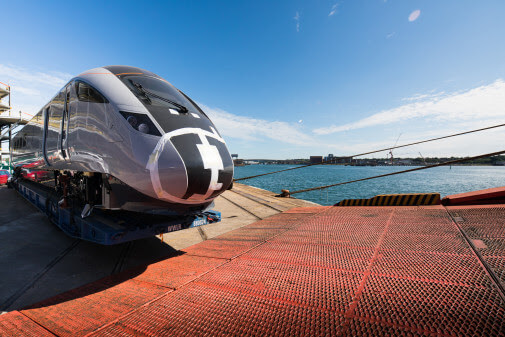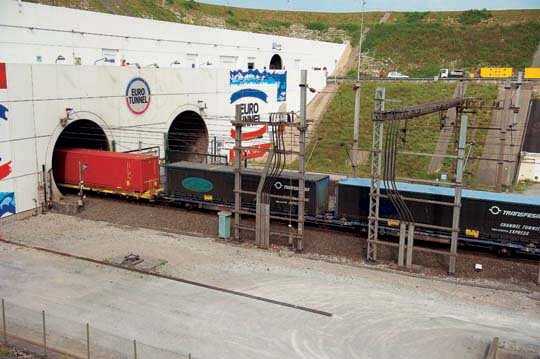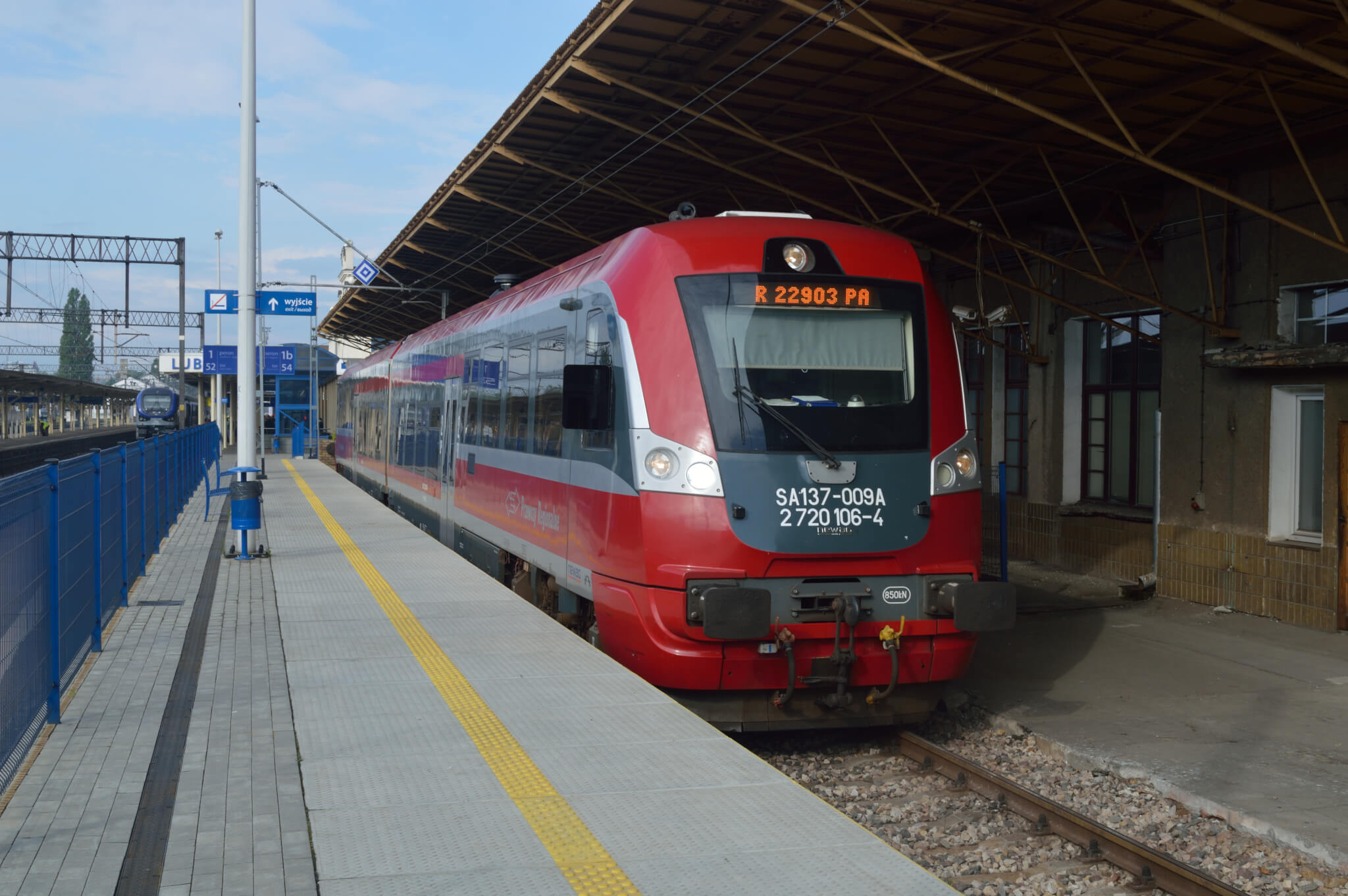By Keri Allan
After four years of negotiations, the EU-Japan Free Trade Agreement is now in the final stages of ratification, with both sides aiming to bring the trade deal into force by early 2019.
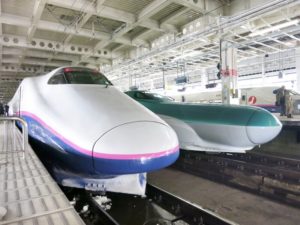
The overall object of this agreement is to increase trade flows between the EU and Japan, and once concluded, it will open up huge market opportunities for both sides.
One of the big winners will be the European rail industry, thanks to changes pushed through around public procurement – in particular the Operational Safety Clause (OSC). This OSC in the WTO Government Procurement Agreement (GPA) has allowed certain entities in Japan not to abide by GPA procurement rules. The EU-Japan deal is set to change this.
Currently, only 3.5% of public procurement in Japan comes from foreign firms, in part down to difficulties foreign suppliers face in the Japanese procurement market. This includes extensive use of the OSC to exclude foreign suppliers from being able to bid for public contracts, and also complex customer-supplier relationship requirements, which favour domestic bidders.
In addition, new bidders are often put off by the requirement that suppliers must be able to demonstrate past experience working in the Japanese market. Jonathan Nguyen, Public Affairs Manager at the Association of the European Rail Industry UNIFE, says:
“Japan is one of the major world rail markets and can therefore offer major business opportunities for the European rail supply industry. Nevertheless, foreign penetration on the Japanese rail market remains low, especially with respect to rolling stock”
“Although some European manufacturers have managed to enter the Japanese rail market on niches, mostly at the component level, the wide majority of European suppliers encounter major hurdles hampering their access to the market. There are several reasons for that, the most important being the OSC, which has effectively enabled Japanese public entities not to procure in a transparent, non-discriminatory manner.”
The EU-Japan talks have led to an agreement in principle that provides EU rail suppliers with better access to contracts put out for tender in by Japan’s central, regional and local governments by removing the OSC. Nguyen adds:
“The effect of this agreement is to exempt European firms from the application of the OSC.”
“This will apply within one year of when the agreement comes into force. In exchange the EU has granted Japanese suppliers partial access to the European railways procurement market.”
Japan has also agreed to accept an exchange of letters on railways – covering the Railway Industrial Dialogue and the Technical Expert Group on Railways – cementing the current co-operation between the two sides to the free trade agreement. An EU official says:
“Both initiatives, which were already launched while the negotiations were still ongoing, will continue in the future.”
“The success of the Railway Industry Dialogue will depend on the willingness of European companies to engage with the process.”
“Japanese railways operators have a genuine interest in EU products, but that interest is very much focused on innovative cutting- edge products. The Technical Expert Group will continue working on technical standards, which will help bring the EU and Japanese industries closer
together and remove regulatory trade barriers.”
So what does this all really mean for the European rail industry? Well, essentially it comes down to EU companies being able to participate in procurement bids in Japan on an equal footing with domestic businesses. Nguyen says:
“Progress was already achieved in 2014 with the ‘one-year package’ of measures on railways, which were helpful to begin increasing transparency in procurement and facilitating market penetration by European suppliers. Nevertheless, more needed to be done to level the playing field. This is why we welcomed the long-awaited announcement of the removal of the OSC.”
“[But] to ensure a level-playing field on respective markets, it is now key to ensure that commitments made by Japan are actually enforced and result in changes in business practices.”
“A strong and dedicated method to monitor rail procurement should be set up. It is also crucial that private or non- covered entities abide by codes of conduct to guarantee transparent and non-discriminatory treatment of European rail suppliers.”
Concerns have been raised regarding the recent privatisation of some Japan’s most important rail operators – Japan Rail (JR) East, JR Central and JR West, with further privatisations expected to follow. This is because they bring the operators concerned formally outside of the scope of both the GPA and upcoming free trade agreement because their purchases no longer fall under the definition of ‘public procurement’. But, as one EU official explains, these new companies have committed to honour open and fair procurement policies:
“To alleviate this [issue], the JR companies have – on their own initiative –made public statements emphasising their commitment to open and competitive procurement procedures as part of their business philosophy.”
“The Government of Japan has formally informed the European Commission of those commitments.”
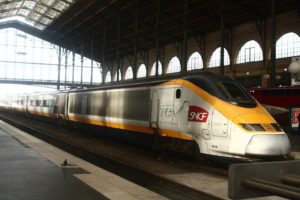
Trade relationships look set to greatly improve between Europe and Japan with the arrival of this new free trade agreement and businesses in the EU and Japan are keen to take advantage of this agreement.
One current EU Member State, however, faces uncertainty. With Brexit still looming, where does this leave the UK?
The UK won’t automatically get access to the EU’s existing deals after it exits in March 2019, but in this particular case Japan has said it wishes the EU deal to apply to the UK during the transition period, which is set to run until December 2020. It does mean that the EU-Japan deal must be in place before the UK formally exits the EU in March 2019. As a result the lead negotiators from both sides have said that it is a high priority to get it in force before then. Mauro Petriccione, the EU’s chief negotiator with Japan, said at a recent press conference:
“We have been cutting all administrative blockages and using all resources.”
However, with the UK keen to strike its own trade deals it is set to leave the EU’s Single Market and Customs Union. The UK has said it would like to copy and paste the deal with Japan after that, but the Financial Times reports that Japan wants a better deal. The newspaper writes that:
“while the UK is hoping to duplicate the wide-ranging access embodied in the Japan-EU trade pact, Japanese officials are hardening against offering an identical deal to a much smaller economy”.
Railway industry suppliers in the EU27 can look forward to greater access to the Japanese market in the near future. Those in the UK might be able to enjoy the benefits of the EPA for a while, but for them the future is uncertain.

















